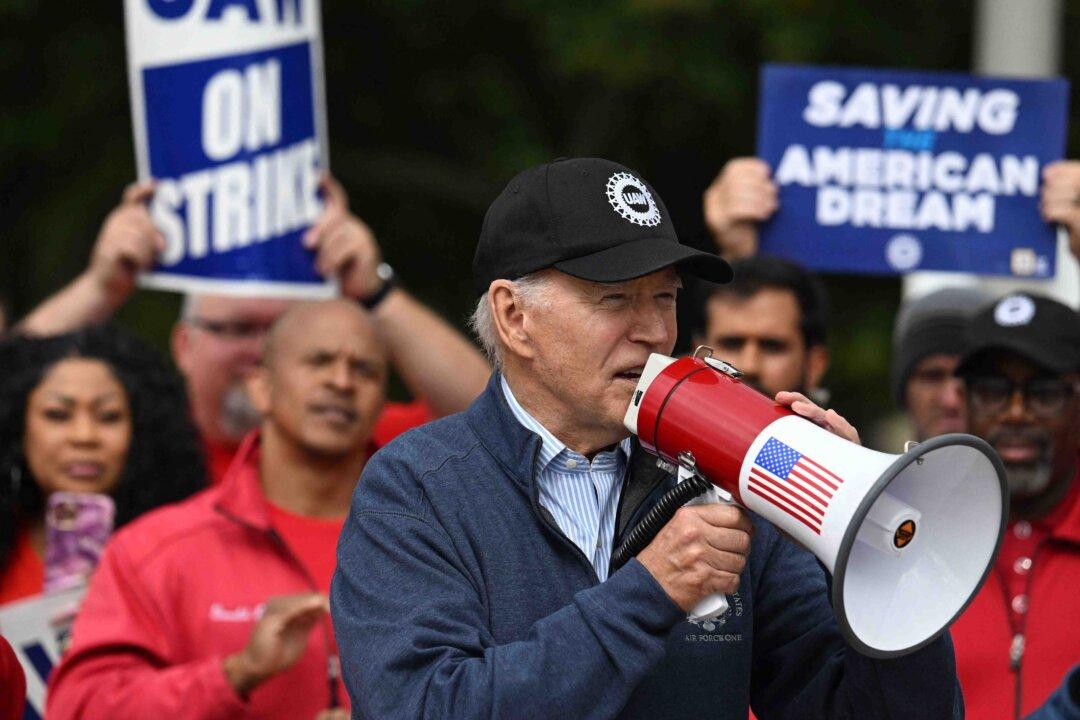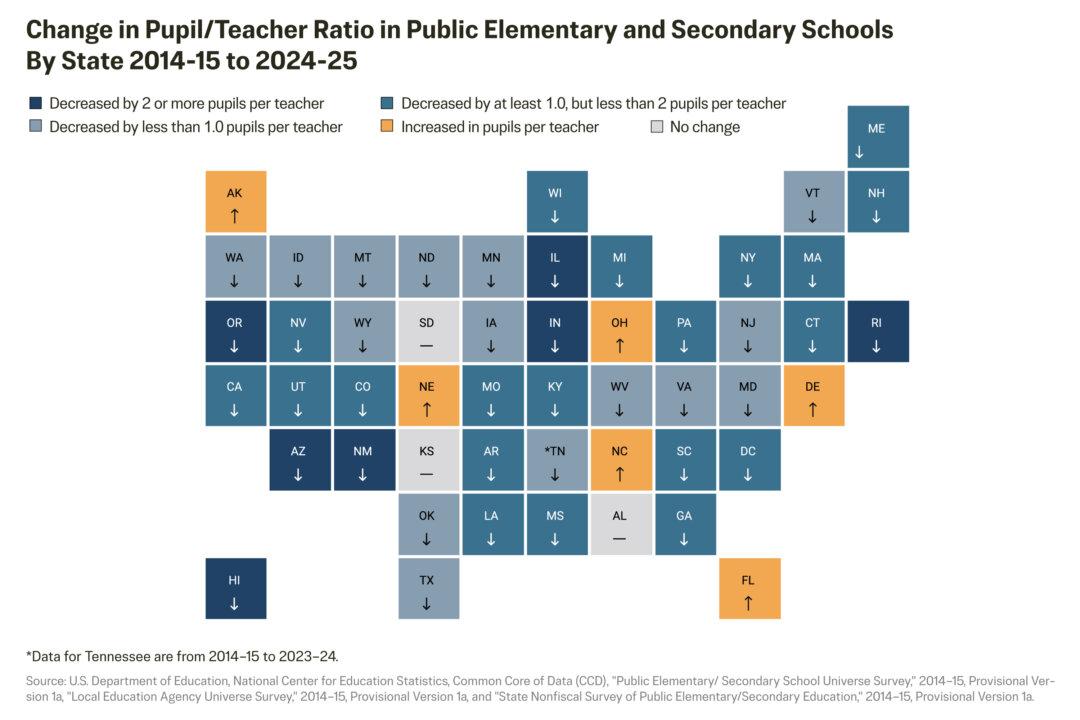Members of Congress and a panel of witnesses on May 22 debated a proposed law aimed at accelerating the growth of unions and strengthening organized labor.
The Protecting the Right to Organize (PRO) Act took center stage at a hearing of the House Education and Workforce Subcommittee on Health, Employment, Labor, and Pensions in Washington. The bill was first introduced in 2021 but garnered increased attention more recently after President Joe Biden marched with striking members of the United Auto Workers.





